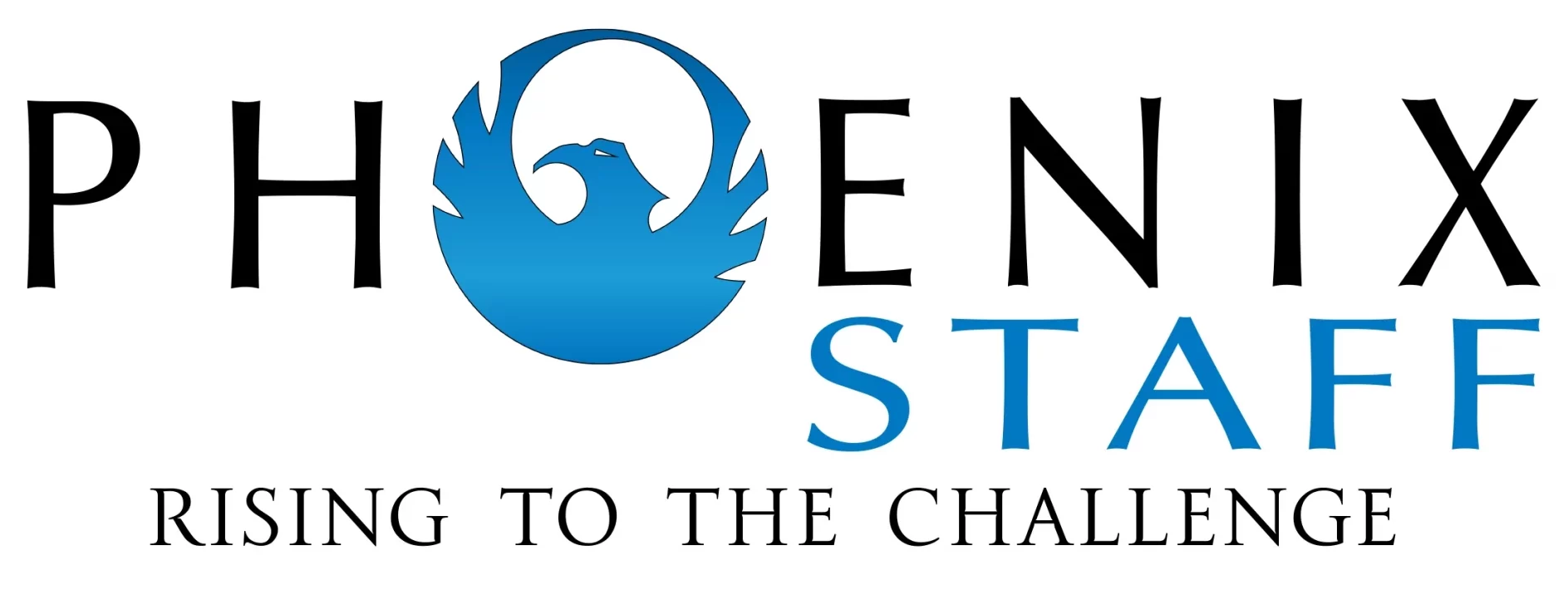“That’s a really great question, I’m glad you asked.”
How many times have you had someone say this to you? How many times have you seen a politician say something like this in the middle of a town hall meeting? The phrase is so commonplace and overused, it’s become little more than a placeholder in the conversation.
But is it ever really a great question? Think about one of those town hall meetings we’ve all seen a dozen times. Someone in the audience gets up, steps nervously to the microphone, and asks the politician, “What do you plan to do about rising fuel prices?” The politician responds as only he can. “That’s a really great question, Mr. Town Hall Guy, I’m glad you asked.” What was great about it? The guy’s running for mayor! He has as much control over gas prices as he does the weather. Yet it goes unnoticed because people are trained to think that there are no stupid questions. There are, and they vastly outnumber the great ones.
Why Questions Matter
A wise man once said that success leaves clues. Think about the richest, most successful person you know. What do you think that person could tell you about success if you asked the right questions? Is it possible that if you followed their steps to success, you could achieve the same things? Of course!
Better questions not only give you the chance to know success, but they can help you learn anything you want to know. They can let you know who to vote for. They can help you figure out where you are in a relationship. The answers you get can help you move forward in life with less doubt and more certainty.
How to Ask Better Questions
So you can stop asking questions that get placeholder responses, here are some techniques you can use to improve your queries:
Open Your Ears – When talking to people, focus on what they’re saying. Have a real conversation. Most people just nod their head and think about rainbows or Geico commercials until it’s their turn to talk.
Build on Answers – Have you ever seen one of those terrible interviews where the person says something interesting, and Robot Journalist 2.0 just moves right on to another topic? Listen to the answers you get, and build more questions from what you’ve learned.
Don’t Make Assumptions – Never assume you already know something about a person. Ask questions and find out from the horse’s mouth. You may find that your assumptions were well off the mark.
Take these techniques, and use them to improve your questions. The next time someone says, “That’s a really great question,” they might actually mean it.

